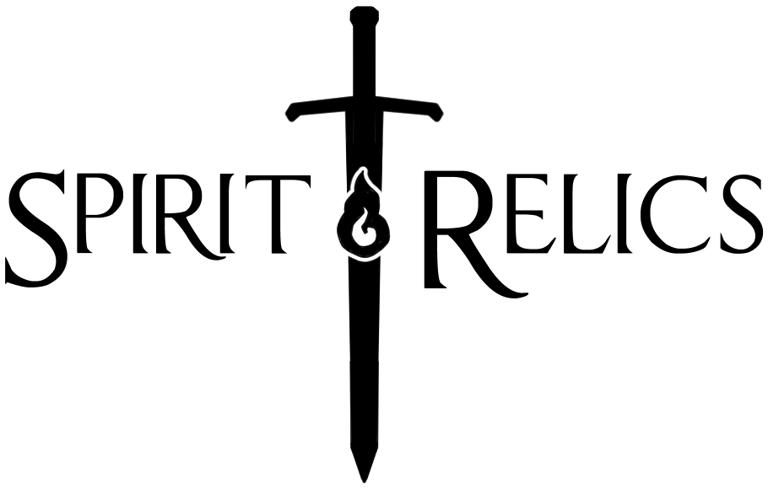

Chapter 1.1 Spirit Relics Overview
Character Creation
Create your character and select a limited amount of traits that permanently give you buffs. These traits help support your target goals and character archetype. Save templates to reuse, to share, or simply for fun.
Logging off leaves a firefly. This firefly marks the presence of player activity and inactivity in a way that also utilizes unique crafting and offline interactions. Every interaction is canon in the world, with AFK crafting mechanics.
Players unlock skills through context-based actions, which get boosted based on their selected skills at character creation. Combinations of skills add proficiency, speed, and additional buffs. Exp gains contribute to player legacy that affects your NPC interactions, world events, and player's history.
Remain Immersed
Unlock Skills With Context and Gain Legacy Through EXP
Flexible Skill Changes
Skill slotting has limited slots, but players can create written crafts to hold, trade, and place in the world for you and others to use. Combine with workstations to increase availability to friends or a community. Teach others your skills, or share your written crafts. Change your skills from written crafts when resting.
Monsters are attracted in scale, based on areas of player activity. As such, workstations, buildings, towns, and trade routes need to be protected. Monsters will also appear and disappear in the wild based on wildlife, NPC, players, other monsters, and world events.
Players can tackle monsters through classic combat, or through appeasement with crafting mechanics. Appease monsters enough to be left alone, or focus on appeasement and worship to change your alignment with specific monsters.
Scaling Monster Threats
Monster Engagement Options
Ecosystems and Rarity Changes
The longer monsters persist in the world, the more they alter the environment. This changes the availability of raw resources for crafting, hunting, and harvesting. Resources can become more abundant or threatened.
Players can traditionally pursue a solo adventure, or claim land and create an outpost. Travel or live in a wagon or ship, or build an outpost upon a large vehicle. Players can also align with animals, like deer and wolves, to pursue a more druidic fantasy.
In maintained outposts, players can set laws and culture, which allows crime and faith mechanics to alter differently from outpost to outpost. Outposts also change based on player claim choices, like building large fortresses, castles, small villages, or mobile outposts.
Live your Fantasy Life as a Soloist or Community Creator in Different Flavors
Outposts Vary in Visual and Mechanical Design
Offerings and Prayers Can Alter the World
Optionally, use faith mechanics to create sanctuaries from monsters, pirates, and wartorn areas. Use offerings and prayers to affect the ecosystem in areas of influence. Create graveyards and monuments to remember players, NPC, and monsters after they have fallen.
Create guilds, both simple and economically complex if desired, or merely visit them for the next quest. Utilize NPC to assist where desired. Use them as party members, or for outpost and guild functions, stores, or have communities and parties with other players. Of course, NPC can post quests, but now players can too, giving all questers engagement options.
Utilize NPC in Place of Players
Bring Back GM Interactions
Give GMs the tools to add content into the world by playing as NPC, or Spirits. Allow GMs to roleplay roles, stories, and place assets like dungeons, constructions, and quest points to add flavor to the world and interact with players, but in a way that doesn't break immersion. GMs appear as spirits when they want to be recognized as GMs, or NPC inspired by spirits, but may be hidden as players as well.
It's time to imagine your legend.
